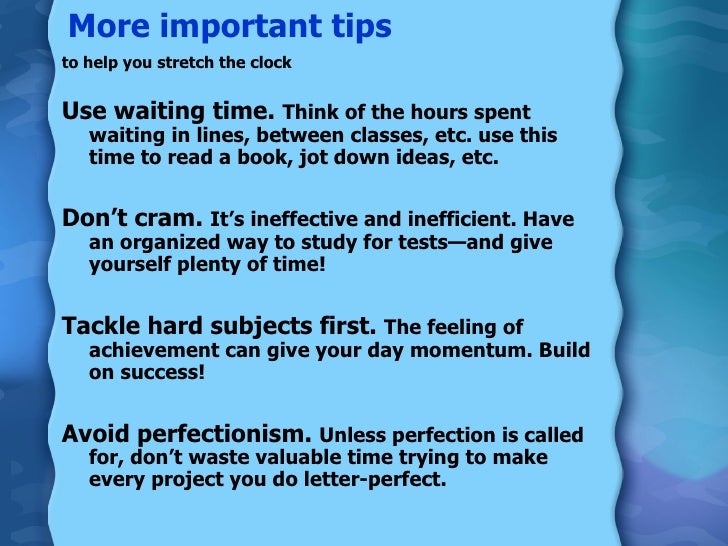

Grouping like tasks into one concentrated block of time.įor example, you might start by creating a one-hour timeblock at 9am to answer emails. Visually scheduling time blocks on your calendar, so your work can’t be interrupted or scheduled over. There are two main fundamentals of time blocking: To create a time block, group like tasks and schedule a block of time to work on those tasks. Watch: Overcoming disruption in a digital world Create a daily planner template How time blocking works By scheduling blocks of work, you can not only ensure you’re completing your important tasks, but also make sure you’re setting aside time for rest and self-care. Additionally, 32% of those people cited not being able to switch off or disconnect as the top factor fueling their burnout. According to the Anatomy of Work Index, 71% of knowledge workers reported feeling burnout at least once in 2020.

Like most time management strategies, time blocking is a way for you to reclaim your day and get a better sense of where your time is actually going. With time blocking, you’re effectively breaking the work week into bite-sized time slots where you check your email, work on projects, take a break, or even exercise. Time blocking is a time management strategy where you schedule out every part-and we mean every part-of your day. With time management templates, you can also dedicate time for your personal time, downtime, lunch, and other essentials that often get left out in our “always-on” working world. Time blocking can help you align your attention with your intentions, so you always prioritize the right work at the right time. With time blocking, you can regain control of your calendar in order to focus on what truly matters. Luckily, there’s a solution: time blocking. Every day, we juggle competing demands on our time and, as a result, experience more chaos than clarity. Yet over one-quarter of deadlines are missed each week. According to recent research, 87% of knowledge workers are working two hours later every day compared to 2019. In the past week, you’ve probably reprioritized your tasks, rescheduled your calendar, and maybe even worked late to get something done.


 0 kommentar(er)
0 kommentar(er)
